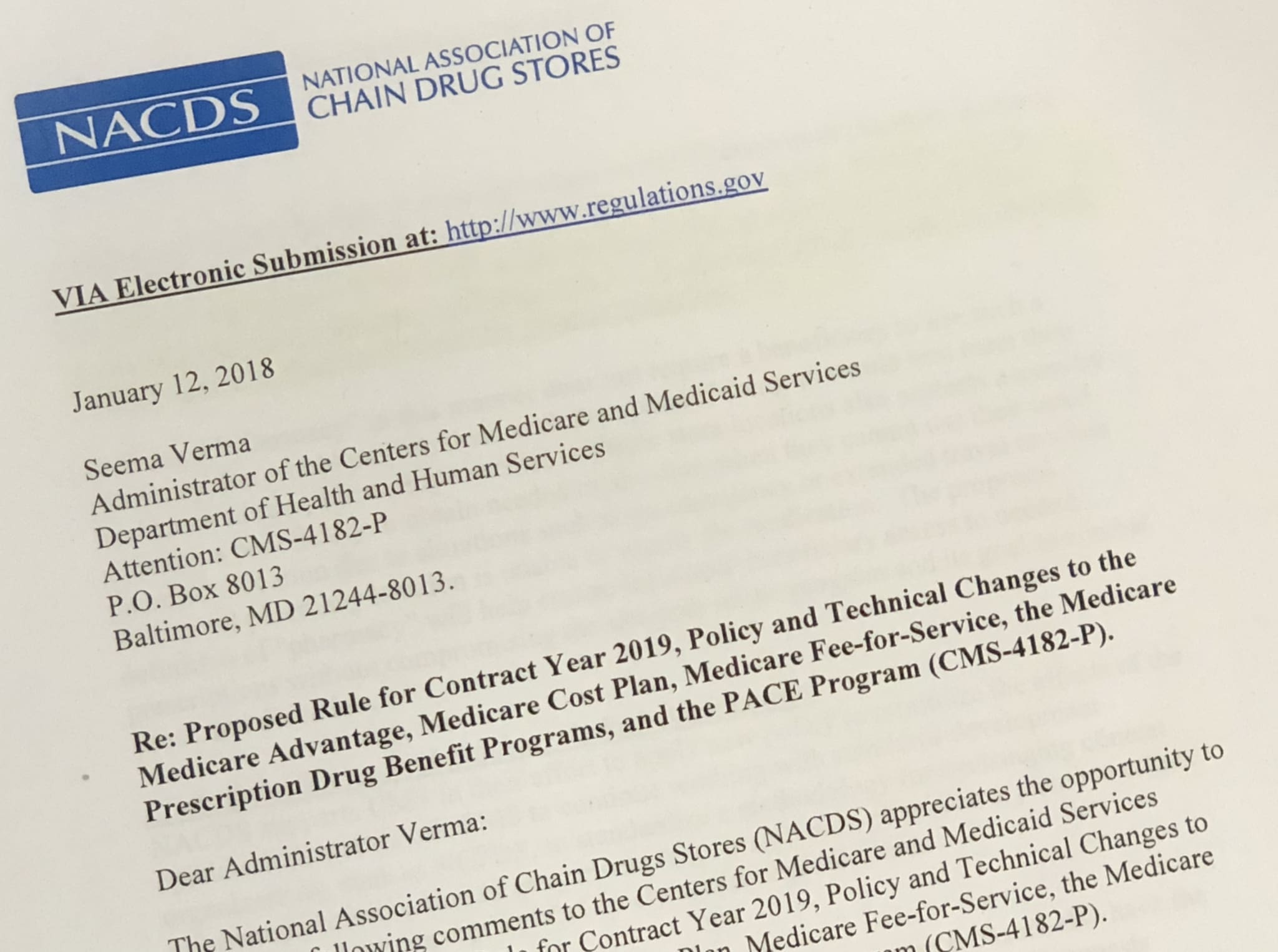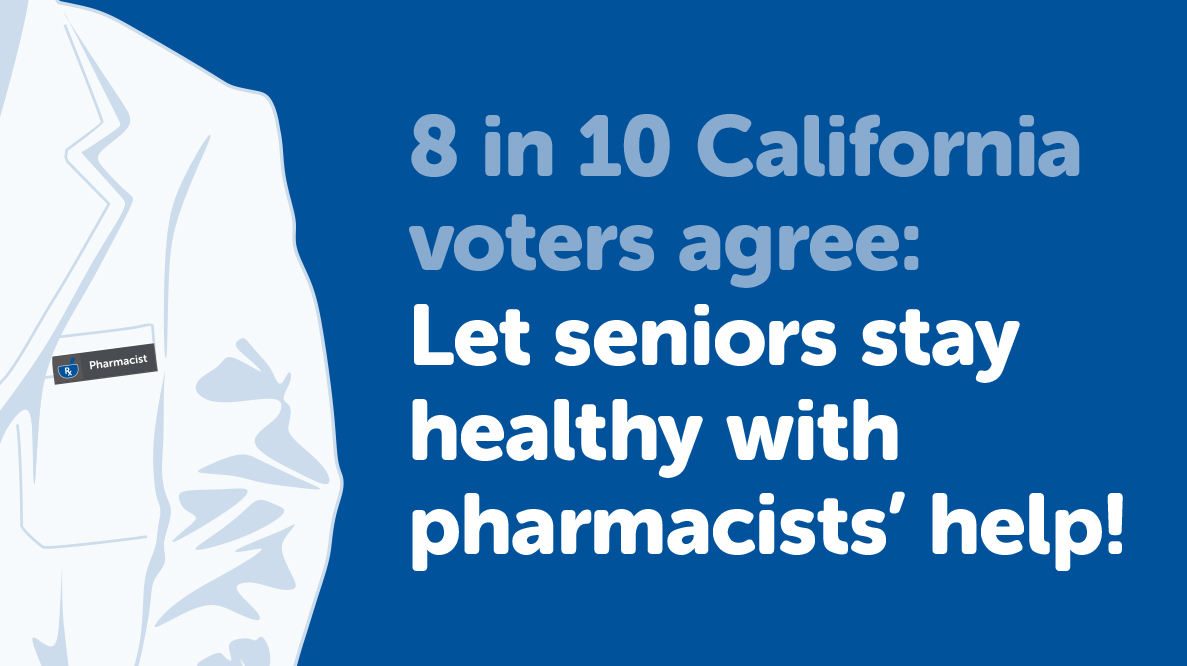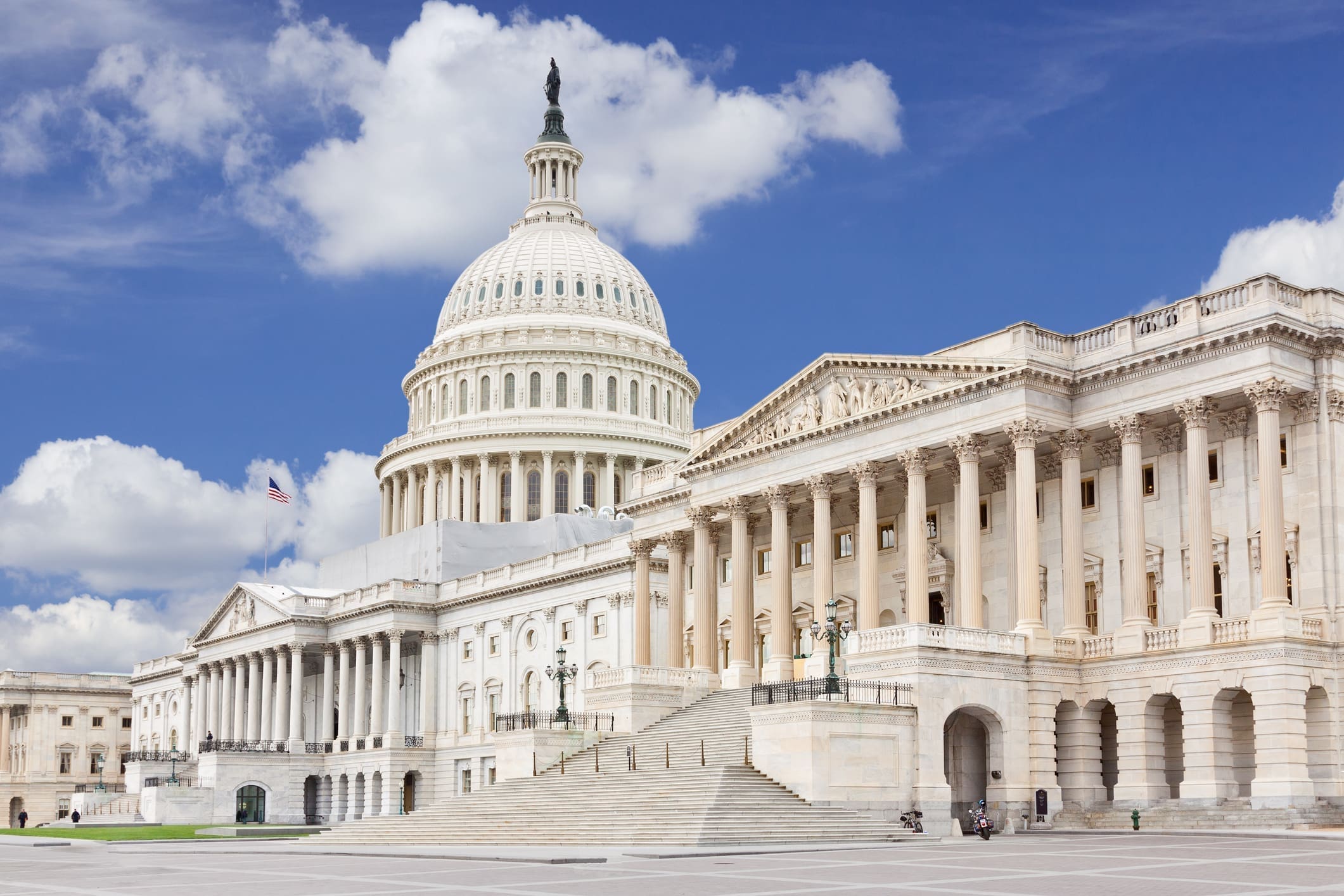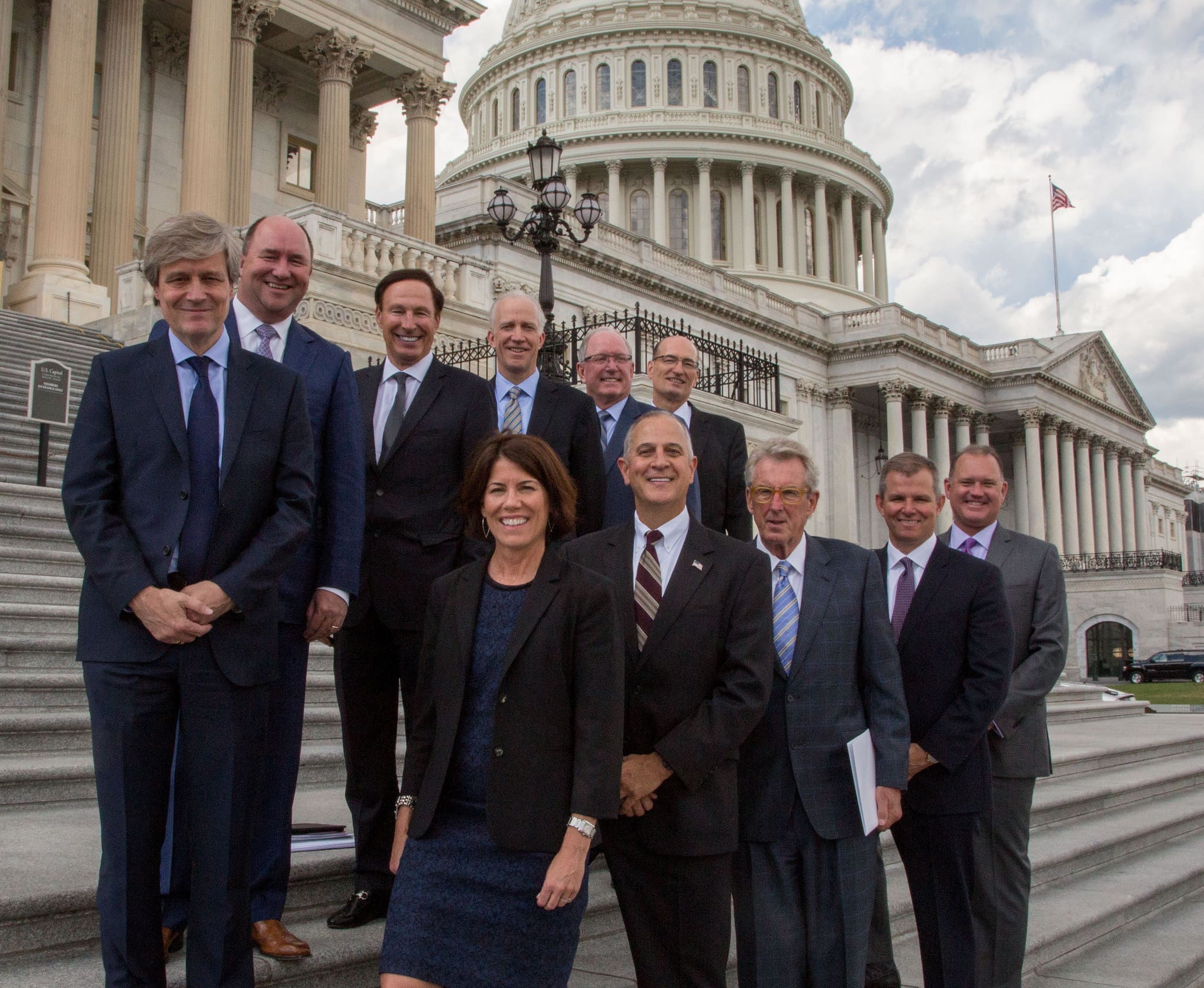NACDS Comments to CMS on Medicare Prescription Drug Program Urges Medicare Part D policies related to DIR fee fairness, opioid abuse prevention, prescription drug affordability, and patients’ pharmacy access
NACDS expressed support for, and provided further input, on CMS’ proposed rule, which involves issues including direct and indirect remuneration fees; e-prescribing; medication therapy management; opioid abuse; and fostering pharmacy access.






